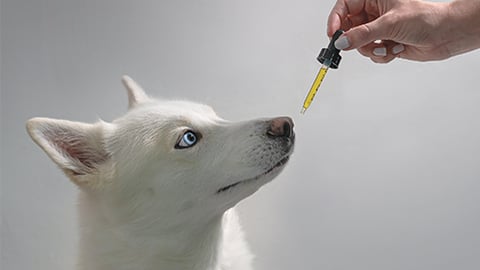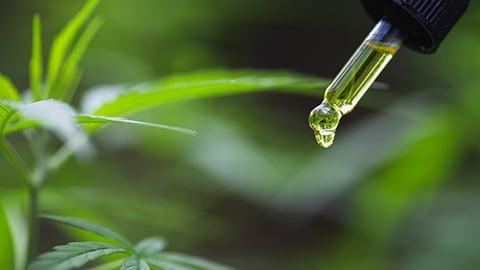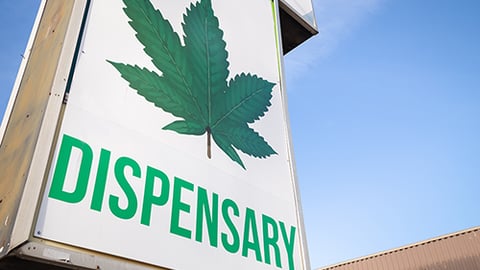CBD Primer for Food Retailers
The hemp-derived CBD (cannabidiol) category is predicted to reach $22 billion by 2022 with a sharp rise in trajectory expected over the next decade, sparking an increase in the presence of CBD-containing products on grocery store shelves, according to consumer insights and market intelligence firm Brightfield Group. Today’s CBD purchasers are herbal health enthusiasts and valued shoppers who spend 12 times more, on average, compared with non-CBD shoppers. Before the public can truly embrace CBD products, however, consumers and retailers alike need to have a better understanding of the nature, benefits and precautions surrounding hemp and CBD.
What Is Hemp?
The Agriculture Improvement Act of 2018 (known as the Farm Bill) established a new category of cannabis classified as hemp. This is defined as cannabis and cannabis derivatives with extremely low concentrations of the psychoactive compound THC (delta-9-tetrahydrocannabinol). The bill removed hemp from the Controlled Substances Act under federal law and classified it, instead, as an agricultural commodity. In addition, the bill allowed states to develop their own programs for licensing and regulating hemp while requiring USDA to develop a federal program.
What Is CBD?
CBD is one of many cannabinoid chemical compounds derived naturally from the Cannabis sativa or hemp plant. CBD is specifically derived from the flower of the C. sativa plant, as are other cannabinoids, terpenes and seeds. Cannabinoid chemical compounds act on corresponding receptors in the brain. It’s important not to confuse non-intoxicating CBD with THC — the main psychoactive component of C. sativa that’s responsible for the “high” associated with marijuana. The price and quality of CBD can vary greatly, depending on where it was grown, whether pesticides were used and the method of CBD extraction.
What Are the Benefits of CBD?
When consumed, THC-free CBD imparts a feeling of relaxation and calm. Some researchers suspect CBD alone may not work as well in isolation compared with CBD taken with a full spectrum of other naturally occurring cannabinoids. People turn to CBD seeking relief from pain, anxiety and mood disorders, insomnia, inflammation, seizures, chemo-induced side effects, symptoms associated with IBD/IBS, certain autoimmune diseases, neurologic conditions, migraines, Tourette syndrome, and other ailments. Products marketed with a claim of therapeutic benefit to prevent, diagnose, treat or cure serious diseases must be approved by the FDA for their intended use before they may be sold.
How Is CBD Consumed?
CBD-infused products can be applied topically in the form of creams, lotions, salves, balms and oils, or ingested in the form of capsules, gummies and tinctures. Development of functional foods and beverages containing CBD is on the rise. The FDA is evaluating regulatory frameworks to apply to CBD-containing products to address safety, marketing and labeling concerns.
What About Dosing?
People who use alcohol or take medications, including some blood thinners and other medications affected by grapefruit, should consult a medical professional to discuss potential interactions with CBD and monitor liver function. Health practitioners recommend starting with a small dose and increasing in 5-milligram increments to find an individual’s minimal effective dose for symptom relief. Onset and duration of relief vary, depending on the mode of CBD delivery.
Retail category managers must understand regulatory requirements and source from reputable CBD wholesalers.
Together, retail health professionals can help meet shoppers’ desires for a holistic, integrative approach to safely add CBD to existing individualized nutritional therapy and pharmacotherapy plans.






